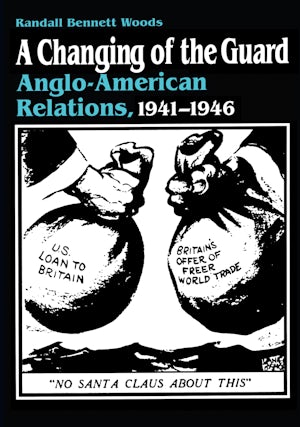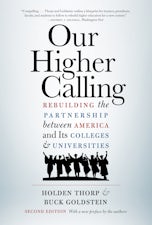A Changing of the Guard
Anglo-american Relations, 1941-1946
By Randall Bennett Woods

488 pp., 6.125 x 9.25
-
Paperback ISBN: 978-0-8078-5941-4
Published: July 2008
Buy this Book
In the United States, multilateralism attracted New Deal liberals because it proposed to help not only the established economic interests but traditionally disadvantaged groups such as farmers and industrial workers as well. Moderate socialists in Britain also lent their support to a liberalized trading system, as did many conservatives on both sides of the Atlantic, believing that the program would preserve some degree of free enterprise in the international economy.
Unfortunately for its disciples, Woods argues, multilateralism was so modified by the forces of isolationism and economic nationalism--and by bureaucratic politics in the United States--that it failed to achieve its economic and strategic goals. The international economy that emerged after World War II was not an equitable partnership and merely finalized the fifty-year process by which the United States supplanted Great Britain as the arbiter of Western Capitalism. In the end, modified multilateralism hampered rather than facilitated the free flow of goods and capital, and it did little to promote social democracy.
About the Author
Randall Bennett Woods is John A. Cooper Professor of Diplomacy at the University of Arkansas. His books include The Roosevelt Foreign Policy Establishment and the "Good Neighbor": The United States and Argentina, 1941-1945.
For more information about Randall Bennett Woods, visit
the
Author
Page.
Reviews
"This is a remarkable achievement. It is a comprehensive account of the transfer of power from Britain to the United States and the first study grounded in now available official records and private papers on both sides of the Atlantic. Woods weaves a fascinating tale of the activities of British and American civil servants, the political debates in Whitehall and the White House, and the sometimes explosive negotiations between self-proclaimed experts from the two camps. A Changing of the Guard is an exhaustive and compelling analysis."--Theodore A. Wilson, University of Kansas
"Masterful. . . . This book will benefit historians of diplomacy, international finance, modern Britain, recent America, World War II, and the early Cold War."--Journal of Modern History



